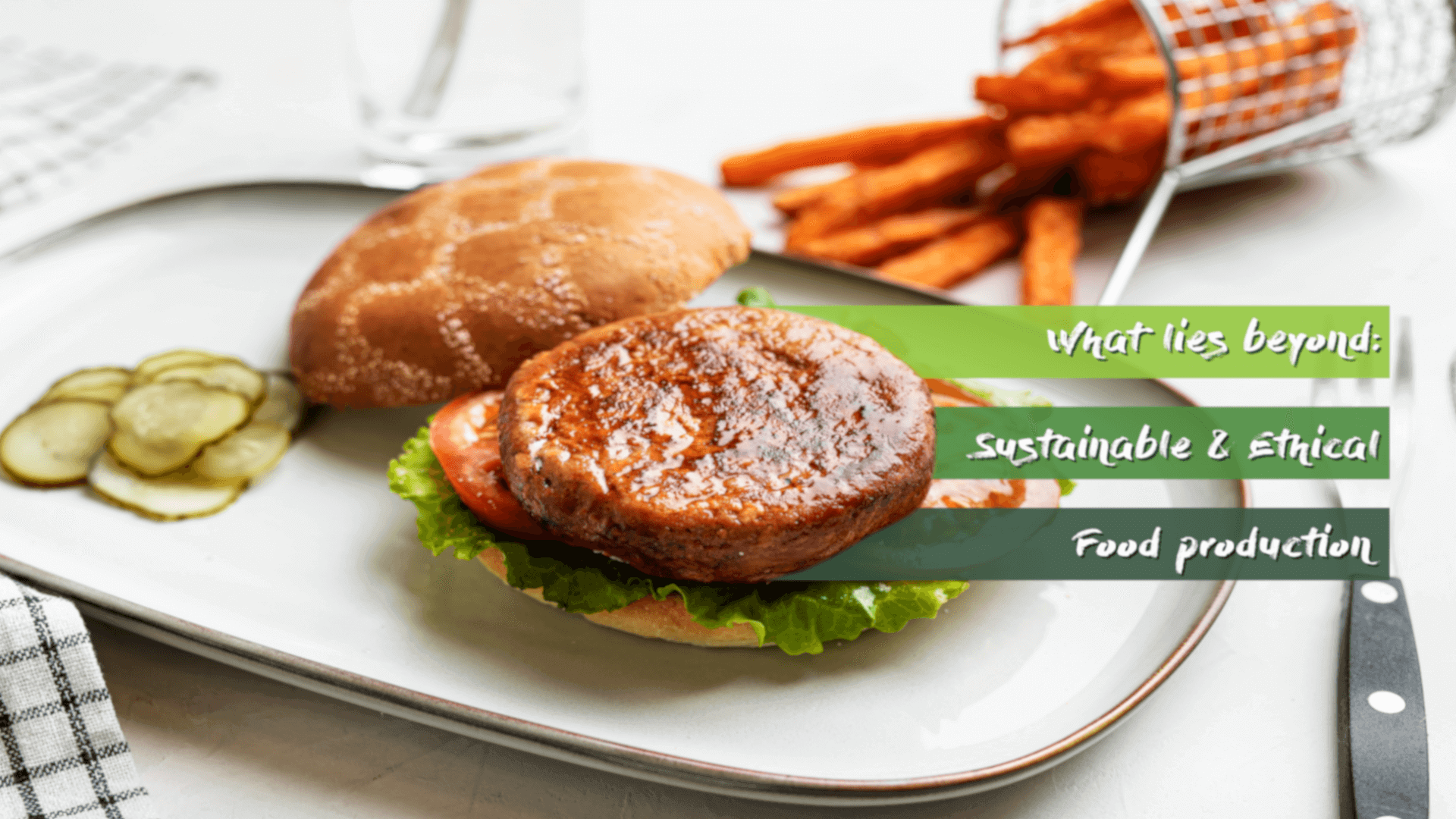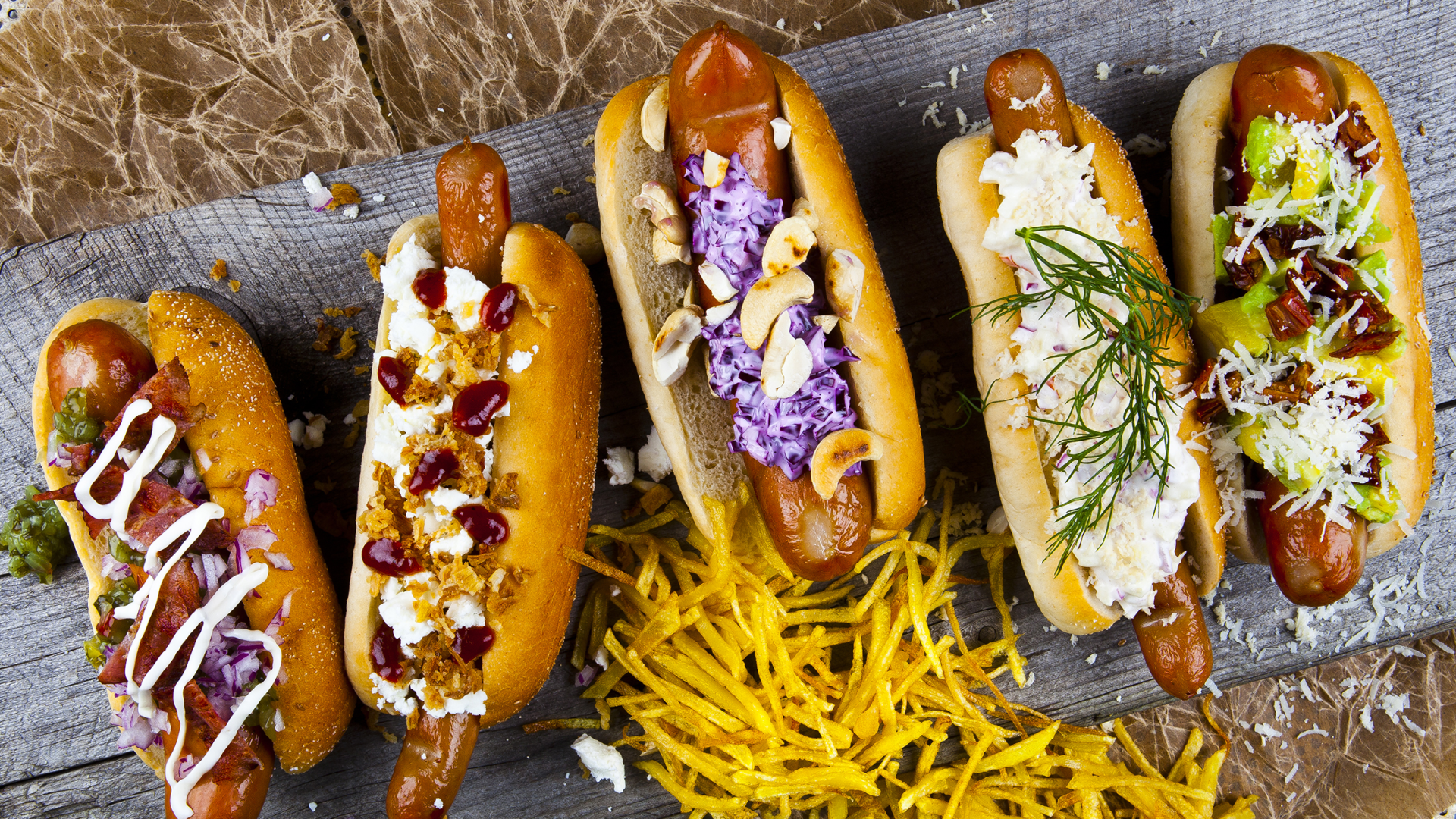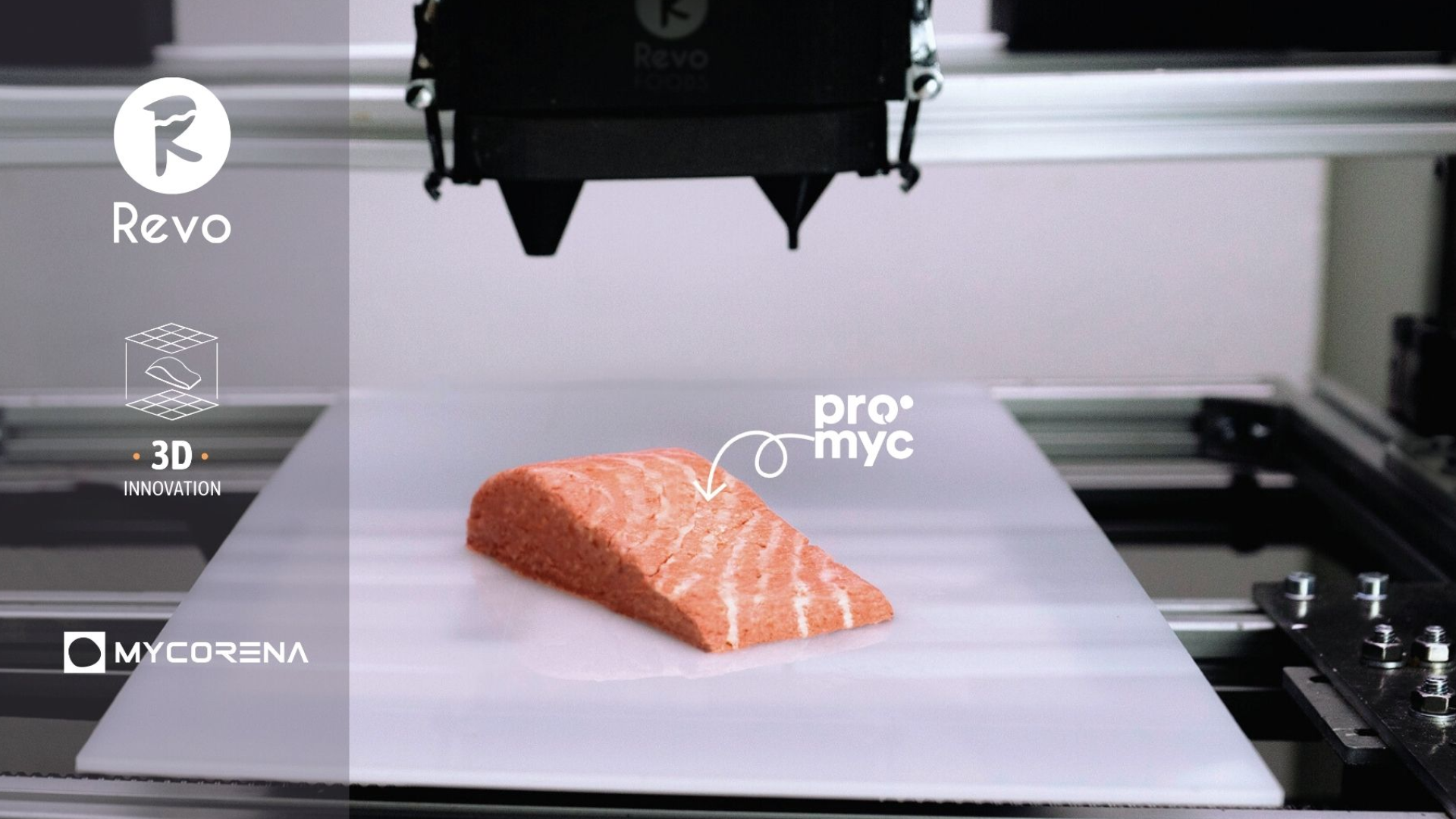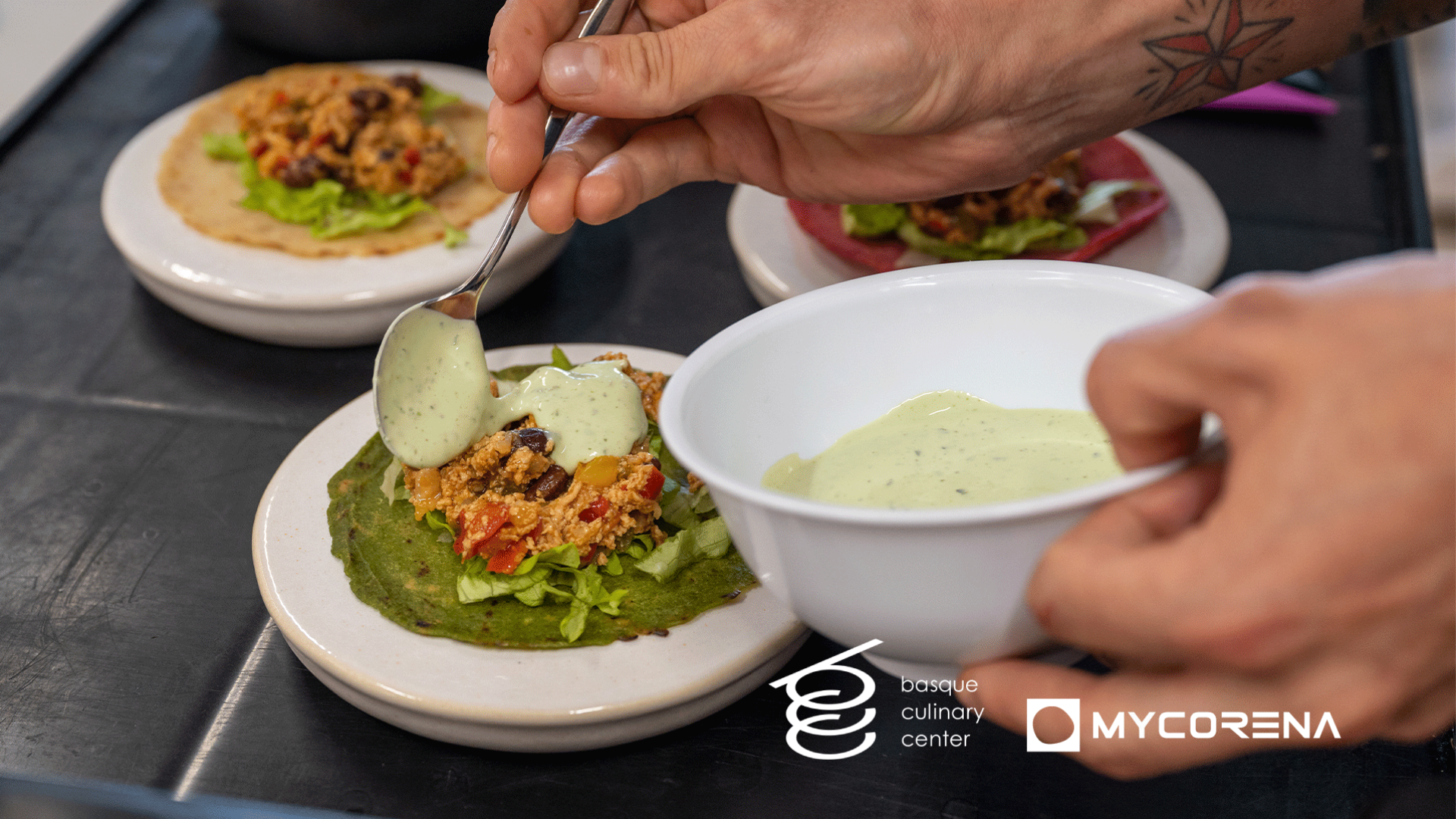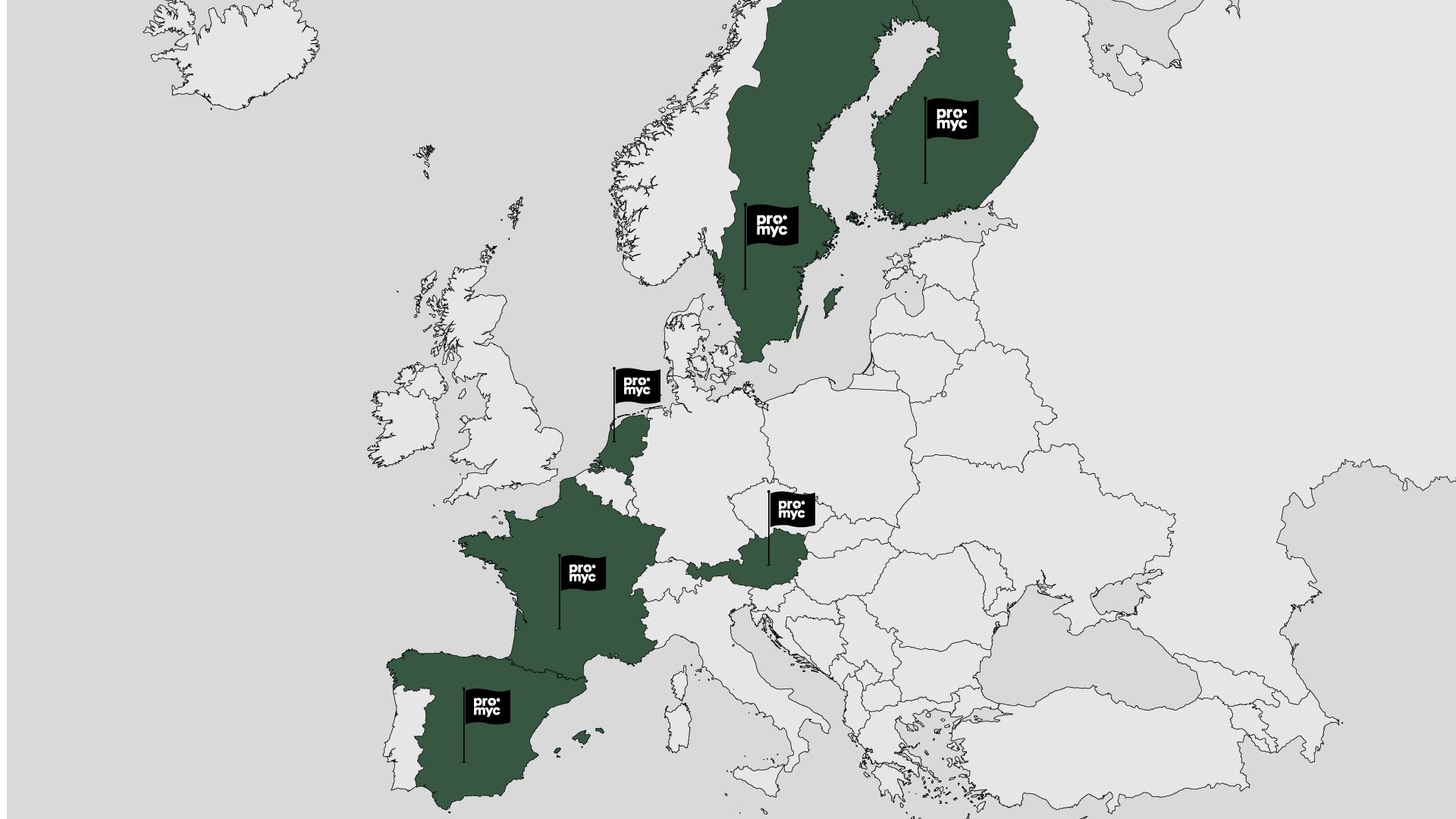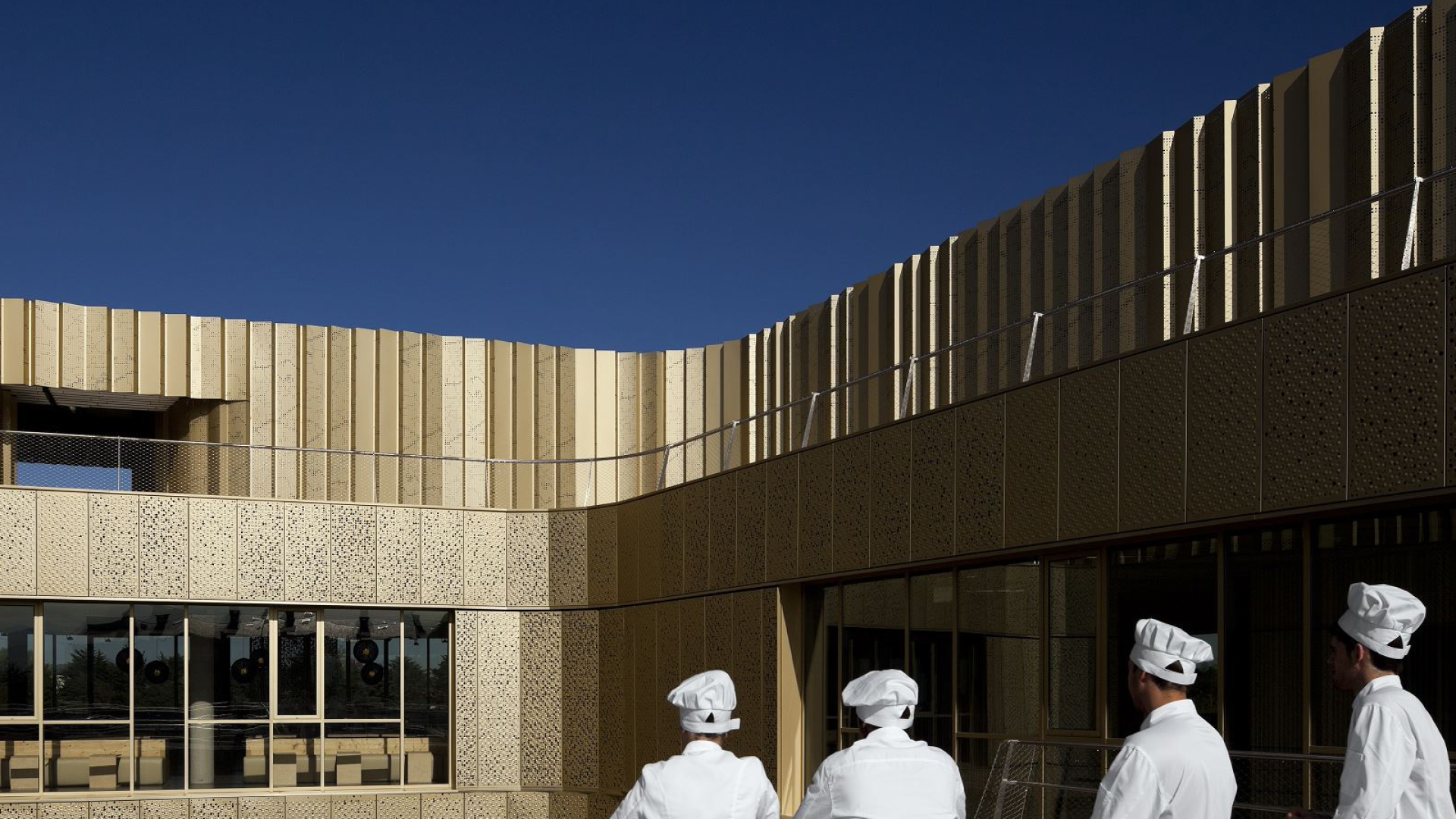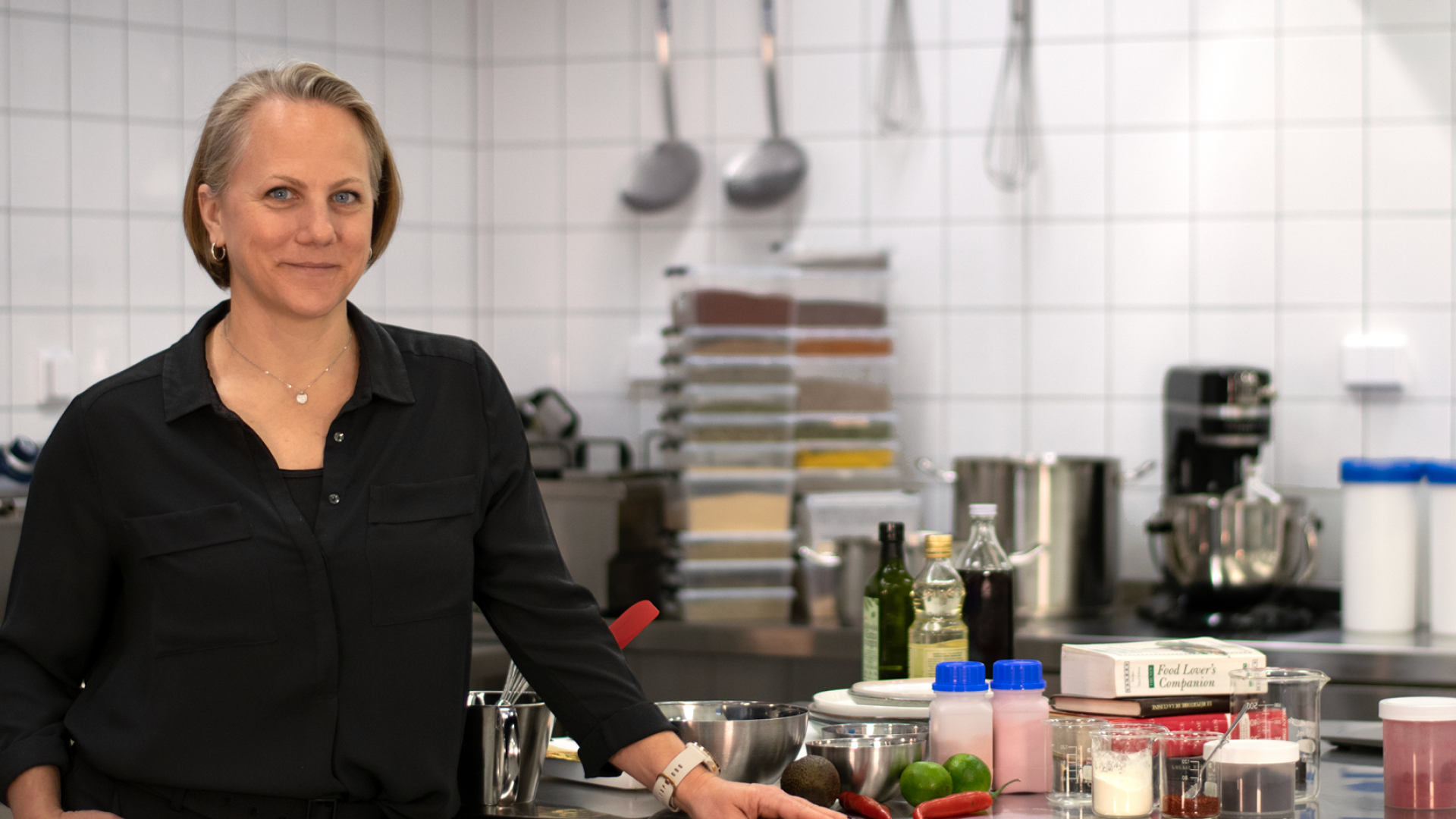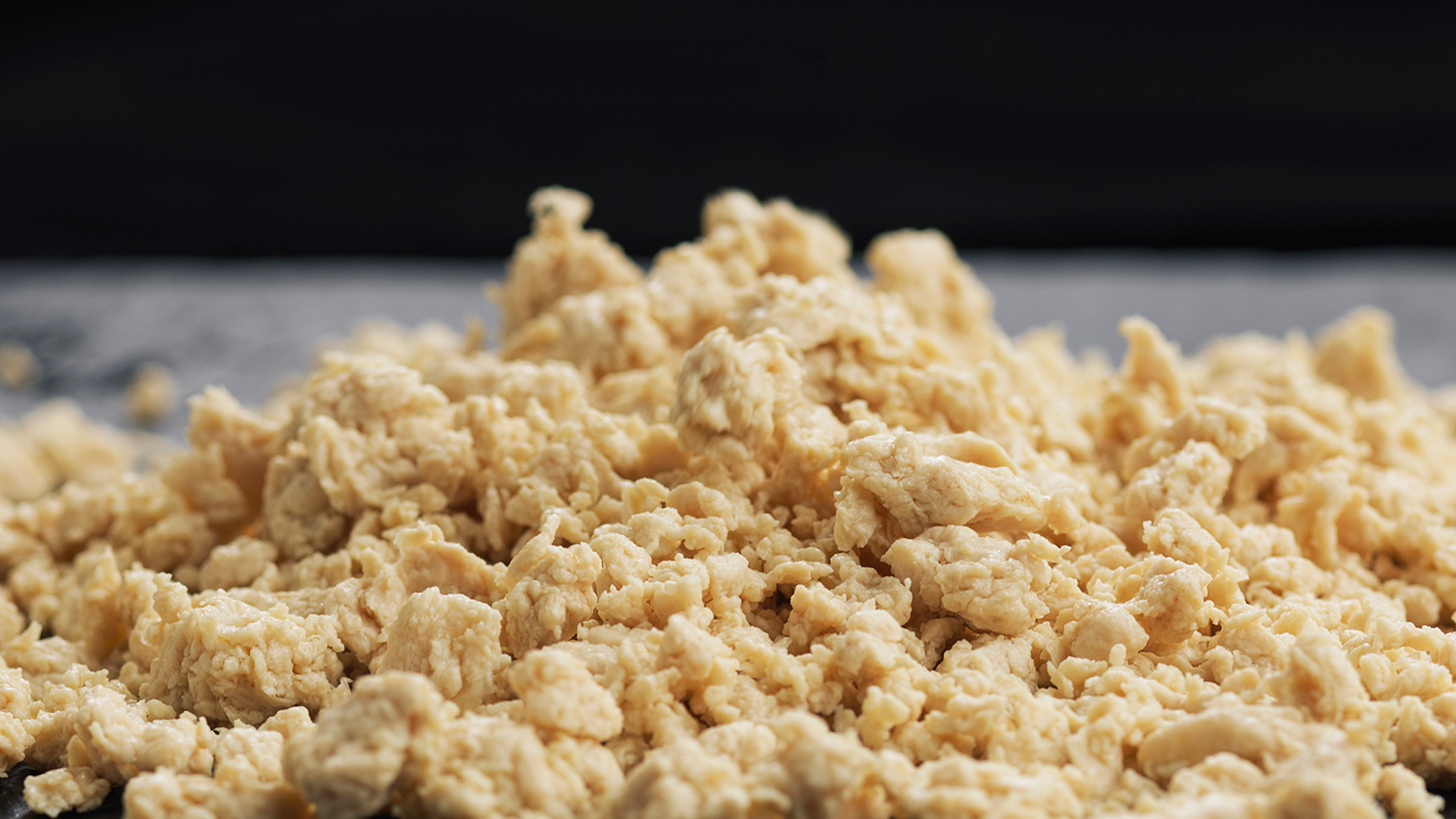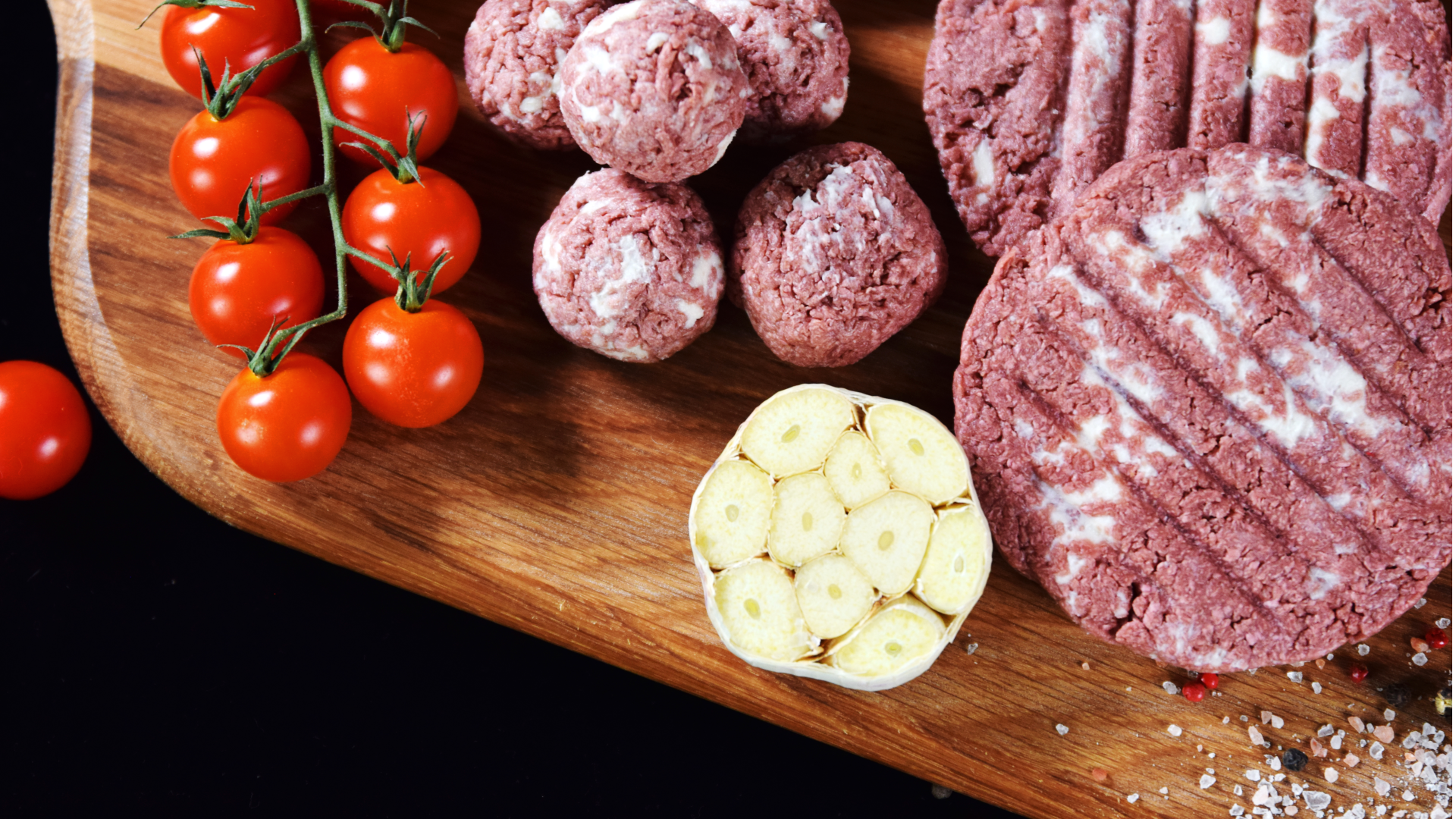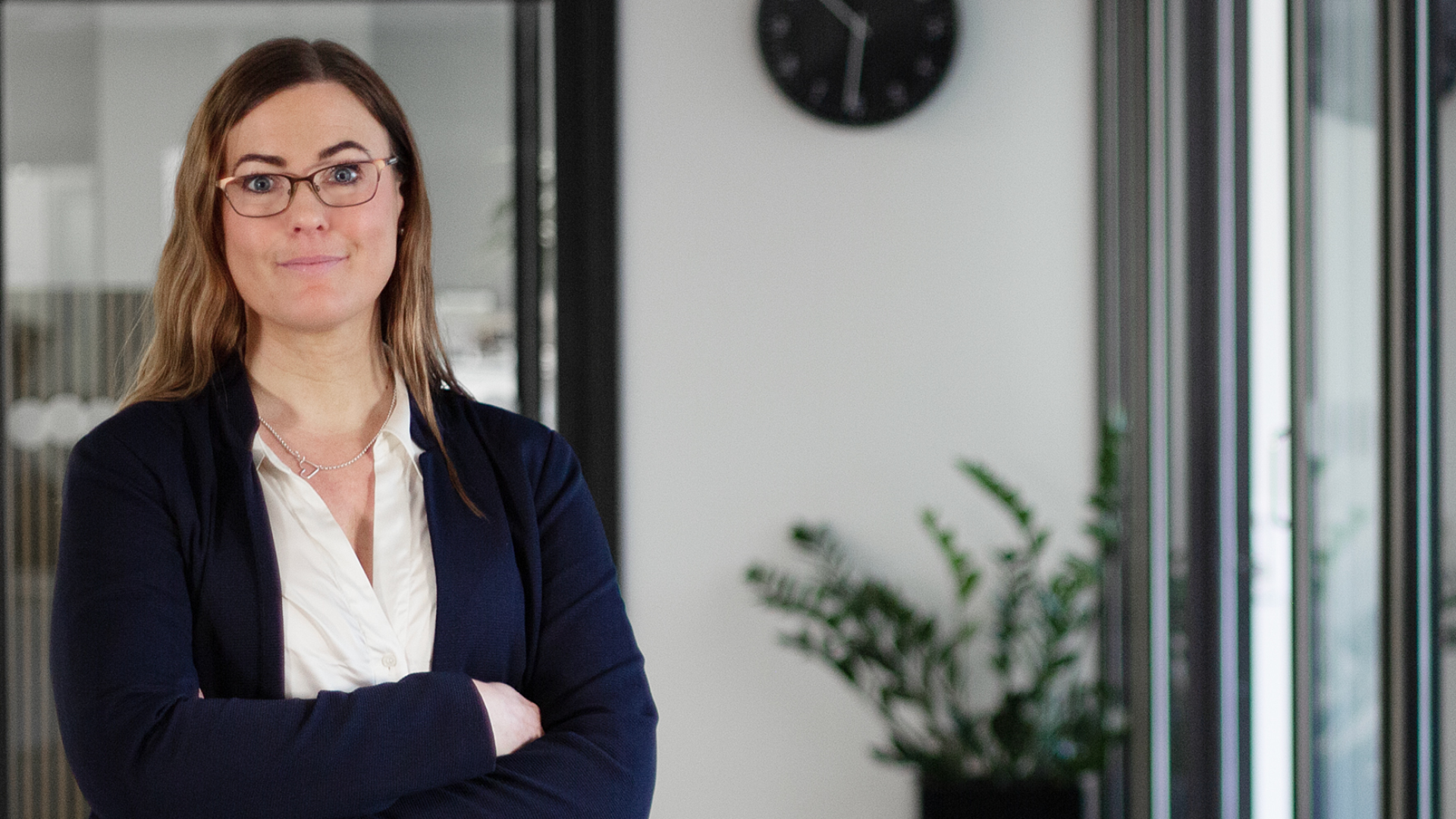Why are we eating what we are eating?
What consequences come with our choice of food?
These are two questions more and more people ask themselves since sustainable and ethical food production is of growing interest for many consumers. In 2019 a special Eurobarometer Survey requested by the European Food Safety Authority showed that, in Sweden, ethics and beliefs including environmental concerns are one of the three most important factors when buying food. The factors chosen by the participants were strongly dependent on socio-demographic backgrounds, resulting in big differences, especially in the perception of ethics and beliefs as a factor even within European countries.
Pressingly, the trend of sustainable and ethical food production is emerging not only in theory by for example being part of the 17 Sustainable Development Goals agreed on by the United Nations, but also in practice shown by the rising “Fridays For Future” movement and the fact that especially smaller businesses show a faster growth rate for sustainable sales than total sales. This gives rise to the question, what concerns are actually forming this trend and what does it mean to have a sustainable and ethical food production?

What is sustainable and ethical food production?
Before anything else, let us define what a sustainable and ethical food production is. Sustainability is by definition “the quality of causing little or no damage to the environment and therefore able to continue for a long time” (Cambridge Advanced Learner’s Dictionary & Thesaurus). This rather logical definition is very well known and especially the current awareness of the climate crisis brought it back into our everyday discussions. Ethical on the other hand is defined as “morally right” (Cambridge Advanced Learner’s Dictionary & Thesaurus), which is quite philosophical, strongly dependent on cultural habits and leaving room for a lot of questions. For instance, is it morally right to eat animals or is it morally right to eat products exported from a dictatorship?
Since this article is not supposed to escalate into page-filling philosophical discussions let’s get back to the food production and try to find an answer there. The production is the first step in a chain ending with the consumption by us, the consumers.

To that end, the main characteristics of a sustainable food production as stated in a report by the Government Office for Science London are: avoiding pollution, conservation of nonrenewable resources/energy, economic efficiency, safety for workers/communities/consumers, and care for future generations’ needs.
Notwithstanding the lack of a clear definition for the term of ethical food production, it can be summarized as the consideration for people, environment and animals in the production process, including for example minimum working ages, fair wages for workers, equality, non-degradative environmental practices, no animal testing and non-exploitative animal treatment.
In a nutshell, a sustainable and ethical food production could be described as the production of food in accordance with environment, workers and animals leading to a fully-fledged field of responsibilities, that are hard to overview and control for the consumer at the end of the supply chain.
Why do we need a sustainable and ethical food production?
Greenhouse gas emissions, excessive nitrate run-off, soil degradation and erosion, water scarcity, loss of biodiversity, child labor and mass animal husbandry. Those are just some of the problems and concerns connected to food production.
Food and agriculture produce 26%of the global greenhouse gas emissions, use 50% of the global habitable land, account for 70% of the global fresh water withdraws, cause 78% of the global ocean and fresh water pollution and add 94% of the global mammal biomass excluding humans.

Not to mention the average meat consumption of a North American is almost three times as high as the world’s average. If the world population rises to 10 billion by the middle of the century as predicted and if the per-capita consumption in the developing countries is rising, food production has to increase approximately by 70% according to the FAO. This increase not only challenges the food production with the resources we are having today. It is also important to understand that as our food production is under the influence of globalization, rising populations and dietary changes in developing countries, the manifold problems caused by food production are going to increase as well!
What is the consumer impact?

© TransFair e.V. (middle), Konsument- Från Sverige (right)
As a consumer it might seem difficult to create an impact towards a sustainable and ethical food production but there are several possibilities not even including the startup of an own sustainable company!
Firstly, changing consumption behaviors towards more regional, seasonal and plant-based products is leading to a lower climate impact of food products and also enables a better overview and control of sustainable and ethical production conditions, since the supply chain is significantly shorter.
Secondly, there are a number of food labels indicating products that are sustainably or ethically produced. Such as Palm-Oil Free, Vegan, Organic & Free Range, MSC Fish, Fair Trade and labels indicating regional products like Från Sverige. By buying products with those labels the consumer can support the efforts of companies towards a sustainable and ethical food production.
Thirdly, in the age of social media, crowd funding, and startup companies, there is always a way to support new and innovative ideas and projects by sharing them, joining them and also helping them to finance their development. This can be done by reposting innovative ideas in social media to make them well known, by buying products from a local innovative food tech start up or buy investing into promising ideas. A lot of innovations out there are capable of supplying a sustainable and ethical food production, if they are receiving the right supported.
What is the future going to bring?

Certainly, the future is going to bring big challenges for the food production system. It will be a tightrope act between the global population’s growing food demand and the boundaries for an ethical and sustainable production process. The European Union as well as the United Nations started to tackle this challenge, and by passing strategies like the European Green Deal or the Sustainable Development Goals they are setting the framework for the flourishing of new technologies and trends. For example, in the EU framework program “Horizon Europe”, 10 billion Euro are going to be invested in R&I (Research & Innovation) in the field of food production and bioeconomy. The United Nations state under their goal for sustainable consumption and production patterns that, between 2017 and 2019 a total of 79 countries and the EU reported at least one policy for a more sustainable consumption and production.
Furthermore in the report “50 trends influencing Europe’s food sector by 2035” by the Fraunhofer Institute for Systems and Innovation Research IS for the European FOX project (Food processing in a Box) scientists and experts investigated the 50 most promising trends in the food sector. The identified trends range from vegan/gluten free food to local food circles, food losses and waste, climate change, sustainable food and alternative proteins, changing food systems and sustainable production and value chains. Clearly these trends indicate that the future of food production is shifting more towards sustainable and ethical processes and that conventional approaches such as animal based protein will have to compete with novel ideas such as plant-based protein or single cell protein.
All things considered, the choice of our food comes with certain consequences we need to be aware of. Moreover, what we are eating is going to change. On one hand because our awareness is changing, and on the other hand because the food industry is executing an inevitable change. Sustainability and ethics are becoming more important than ever and newly started companies with innovative food production methods are going to shape our future.
Author:
Marit Schneider
R&D Intern at Mycorena
